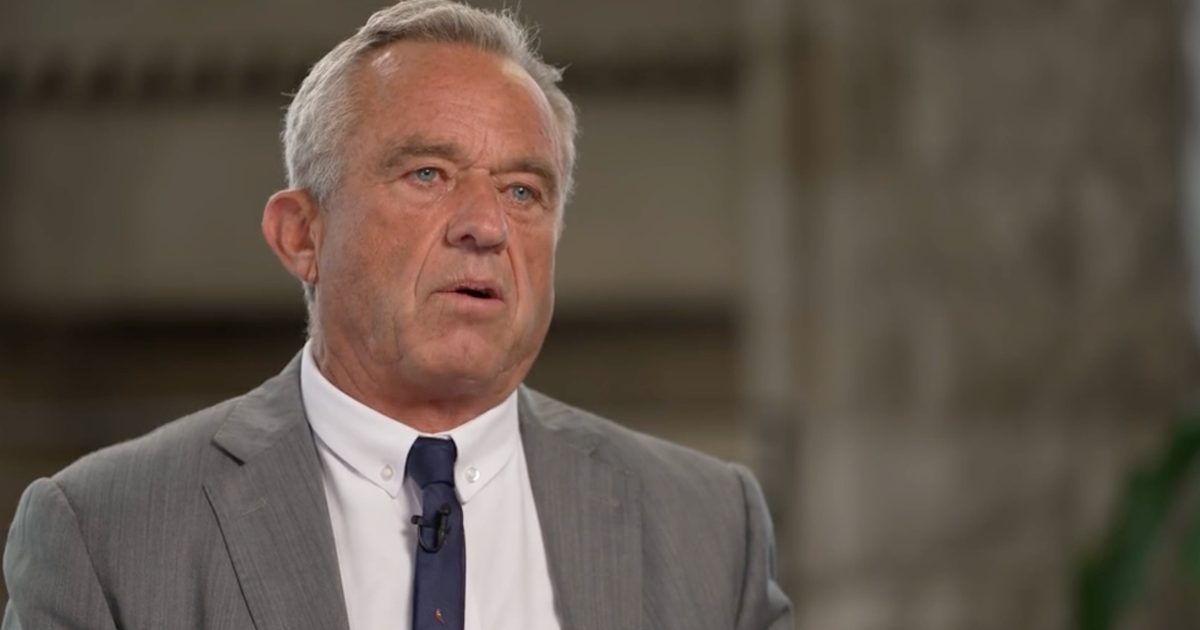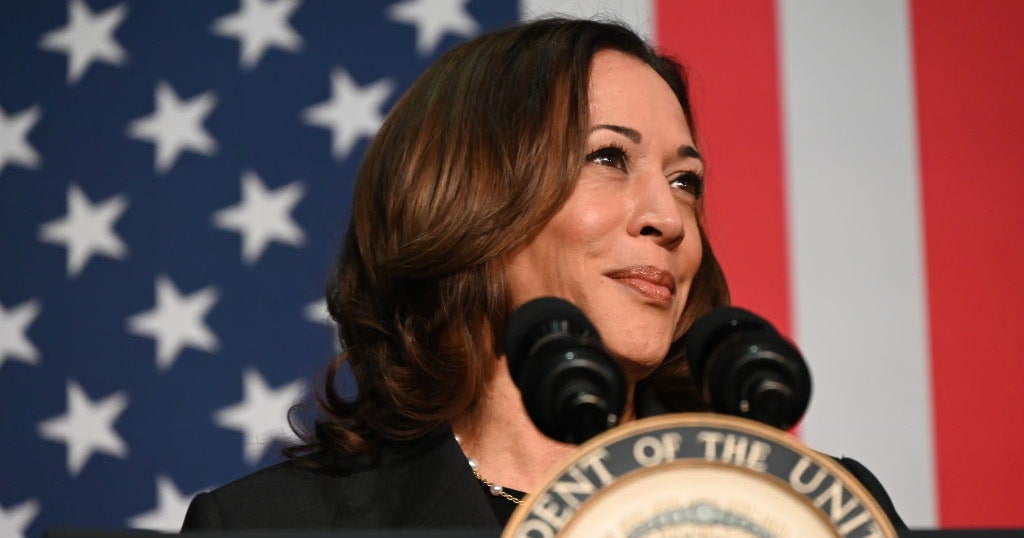Coronavirus relief funding includes $5 billion for farmers of color
The $1.9 trillion federal spending package approved by President Joe Biden this week includes billions of dollars to help farmers of color pay off their loans, buy supplies for their land and otherwise invest in their operations.
The Emergency Relief for Farmers of Color Act, introduced by Georgia Senator Raphael Warnock, provides $4 billion for the U.S. Department of Agriculture to forgive direct or guaranteed loans given to farmers of color. Another $1 billion will go to the USDA for farmer grants, college scholarships and other efforts for minority growers.
"This is a big deal for us," John Boyd, Jr., president of the National Black Farmers Association, told CBS MoneyWatch. "We see this as a great opportunity to help thousands."
Farmers of all races and farm-related programs will get $10.4 billion in total from the American Rescue Plan, according to an analysis from the American Farm Bureau Federation. Most of that money is earmarked as debt forgiveness for minority farmers.
Boyd and other Black farmers said that shedding debt can help lay the foundation for them to expand their business and perhaps take steps to address social issues like food deserts in low-income communities. But before that happens, the USDA must mend broken fences in the Black community, the farmers said.
A history of discrimination
Warnock said in a statement this week that his legislation serves two purposes. First, it will aid growers who have struggled during the pandemic. Second, it will mark the first step in correcting decades of discrimination that some farmers say they have faced at the USDA.
Farmers of color have long complained of unfair treatment when applying for USDA loans. A U.S. Commission of Civil Rights report from 1982 found that the USDA's lending arm "has not given adequate emphasis or priority to the crisis facing black farmers." The report said, in some cases, the USDA "may have hindered the efforts of black small farm operators to remain a viable force in agriculture."
More recently, farmers of color say it has been tough to get farm loans because lenders see them as "more likely to operate smaller, lower-revenue farms, have weaker credit histories, or lack clear title to their agricultural land," a 2019 report from the U.S Government Accountability Office found.
The USDA did not immediately respond to a request for comment about its lending practices.
Some of the $5 billion allocated under the Emergency Relief for Farmers of Color Act will help create a new "equity commission" charged with studying discriminatory practices at the USDA. The funds will also create a National Center for Minority Farmer Agricultural Law Research and Information where attorneys will offer pro bono legal services to minority farm owners and their employees.
"A dehumanizing experience"
Angela Dawson, a Black farmer in Minnesota, said she had "a dehumanizing experience" three years ago when applying for a $50,000 USDA loan. Dawson said she earned a profit in 2017 while growing hemp and cannabis and decided to expand her operation to raise hogs. She wanted a loan to build a shelter and to buy the animals special food so they could be considered organic. Dawson, 51, said she was rejected nine months after applying.
"They said no three different times, then they told me that I wasn't eligible," Dawson said. "They never gave me the eligibility criteria until after I was denied, and I later found out that I had a late payment from a student loan 10 years ago that disqualified me."
Dawson also expressed concern that farmers of color will be hesitant to apply for loan forgiveness because of their past difficulties dealing with the USDA.
Before funding is released, the USDA should work to heal its relationships with Black farmers, Dawson said. That starts with the USDA sitting down face-to-face with farmers and explaining "what it was that made them treat Black farmers in such a way that now 90-plus percent of them are gone."
A hopeful future
As extra funding is set to flow toward farmers of color, the number of Black growers has been on the decline for decades. Black-owned farms represented more than 14% of all U.S. farms in 1920, according to the USDA. The number fell to less than 2% by 2017. Black farmers lost 80% of their land between 1910 and 2007, Warnock's office said, quoting figures from the USDA.
Federal data shows that the number of farmers of color has grown since 2002, but those figures have been criticized and challenged by nonprofit newsroom The Counter.
Still, Boyd said he hopes more people of color will be encouraged to become farmers.
"Now that this critical relief is over the finish line, we have to get it out quickly and efficiently to the farmers most in need and for whom this hand-up is long over due," Warnock said in a statement.




